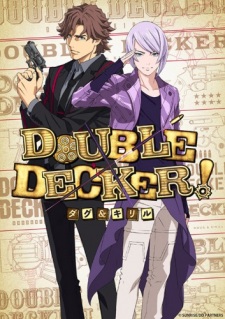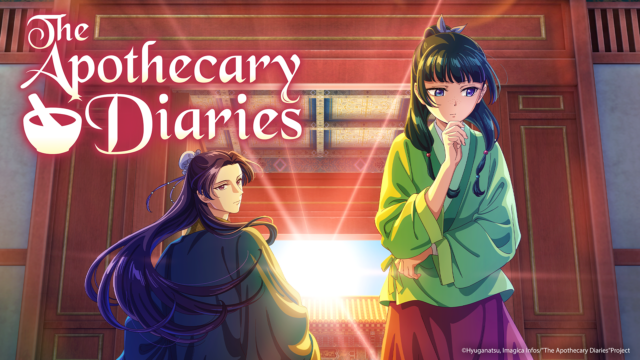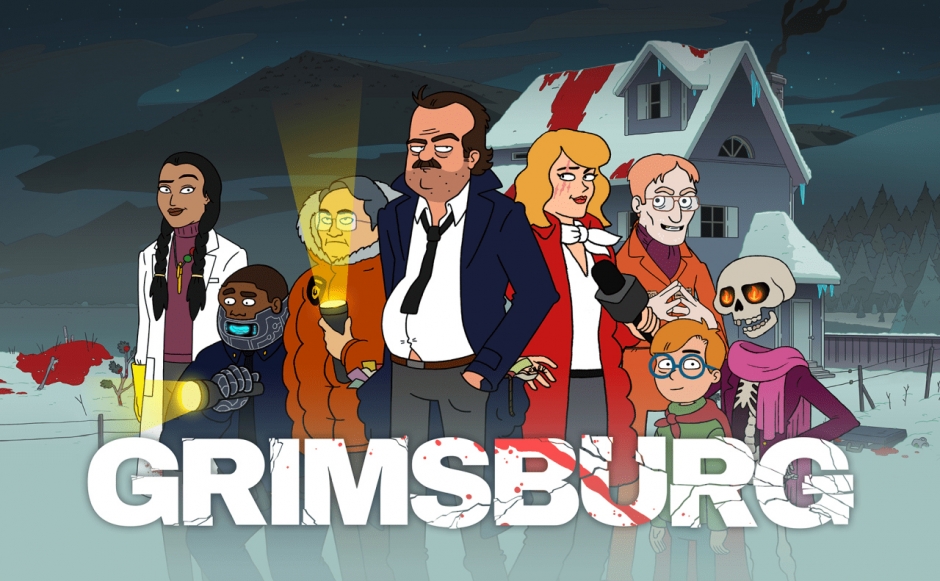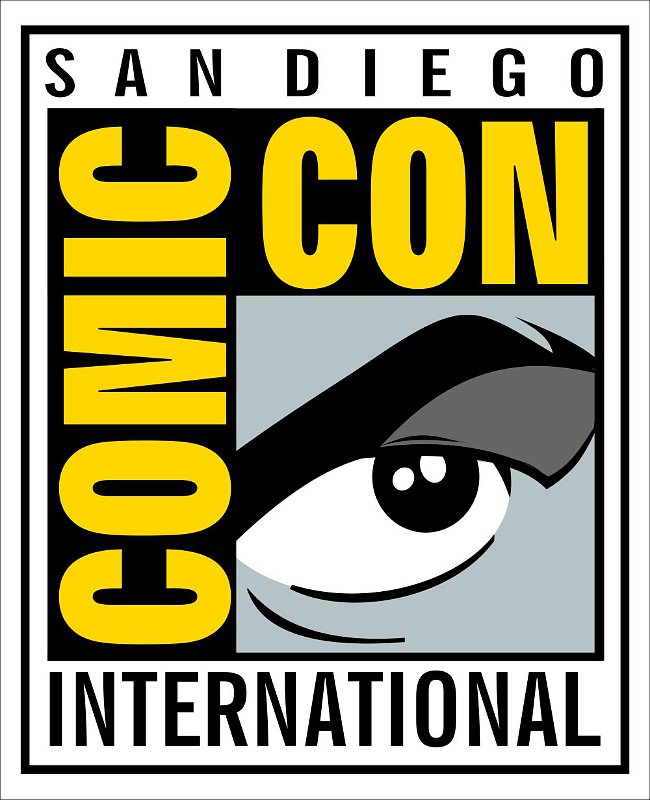English Dub Review: Double Decker! Doug & Kirill “Your Rival is Your Partner’s Partner!”
“Bam, bitches!”
Overview
Anthem is being shipped covertly out of Risvaletta’s southwestern manufacturing district, and Boss is dispatching Seven-O to investigate. Kirill is excited to get closer to Doug on this latest mission, but Kay has been dispatched along with them, thwarting his would-be bromance. After the trio become embroiled in some union politics, and after Kirill mistakenly thinks Kay takes him out on a date, Doug figures out how the Anthem is getting around. With another assist from Kirill, Doug neutralizes the anthem dealer and the factory worker that was caught in the crossfire, but it seems as if there’s a much larger force at play here.
Our Take
I have to at least give Double Decker points for trying. After two episodes of trying to keep their stated political views and the plots of their episodes separate, Double Decker tries to bring them together this week. Much of this episode’s second act investigation revolves around Doug, Kirill and Kay’s sympathies for the different sides in a blue-collar labor dispute. I still think the show is playing at the ideology that it doesn’t really understand, but at least they’re not hiding from their premise anymore.
“Your Rival is Your Partner’s Partner” is working on some really old cliché’s. We have a case about unions this week, so we’re obviously in a smokestack-laden factory. We are supposed to initially have sympathies for the union because they’re getting screwed by the capitalists, but it turns out that the union boss is the biggest criminal of all. We never actually even see the factory owners, and the character that is given the most pathos is the scab foreman who ends up merely a puppet of the union boss, who is himself a puppet of what looks to be this season’s eventual main antagonist.
Double Decker is a show that isn’t really interested in the police. It’s interested in police movies. It’s a copy of a copy, and that kind of thinking is starting to show. Previous iterations of specialized task forces (your Men in Black, your Charlie’s Angels, etc.) are themselves heightened versions of imagined police work. Double Decker is a heightened version of that. There was a specific moment (the second time that someone remarked that it was possible for blue collar folk to like high-minded pursuits) where I figured out exactly what level of analysis I’m going to be getting from this show.
This wouldn’t be the worst thing in the world if it wasn’t also the most interesting thing about the show. The characters are abysmal. Kirill continues to be one of the worst anime protagonists I have ever seen. His motivations are comprehensible enough; he’s a street kid who always idolized men in uniform, and now he’s overeager to become a hero in his own right. It’s as cloying as it is predictable. Doug, by contrast, has the opposite problem. The press for the show characterizes him as inscrutable, but Double Decker itself just makes him contradict himself. His stated goal in the last episode was to eradicate poverty, but he didn’t care at all about the union’s struggles, even when it was just him and Kirill talking. I wish I could include Kay in this lambasting, but she isn’t even given a personality. She’s a competent cop who likes fine cuisine. That’s all I could discern.
If you’re wondering what any of this has to do with the title of the episode, you’re not alone. Kirill is obsessed with finding out about Doug’s old partner Dereck, who everyone speaks about with awed reverence. It has yet to come up organically in the series so far, Kirill just found out about Dereck and tactlessly pesters Doug with questions about him. I haven’t been given much of a reason to care about him, though. He was murdered, but I’m almost certain it was by the guy who was pulling the strings in this week’s episode or one of his underlings. It just feels like yet another thing that Double Decker feels it needs to check off on the list of things it feels are required in cop shows.
Double Decker comes to us courtesy of Sunrise, a studio that also created Tiger & Bunny, a superhero series that also features mismatched partners. The show was also notable for including brand deals with real-life companies that are advertised on the superheroes’ costumes. It really feels like this group is most comfortable when working unreflexively, with broad, arch archetypes. While there’s nothing wrong with this on its surface (in fact, Tiger & Bunny is quite well-regarded), proper choice of an archetype is important. Superheroes are much easier to abstract into big, sweeping statements about injustice and truth. Cops aren’t going to be able to do the same thing. They actually exist, so you’re not ultimately diluting something out of a comic book from the 40’s. All of the commentary has more literal weight, and I don’t think Double Decker is up to the task of lifting it.
Score

























"There are also other characters that come and go (also owned by the Warner Bros. Discovery conglomerate media company)."
Huh. Is that just referring to other characters from the show itself, or is this implying that the new season is going to have cameos from other WBD IPs